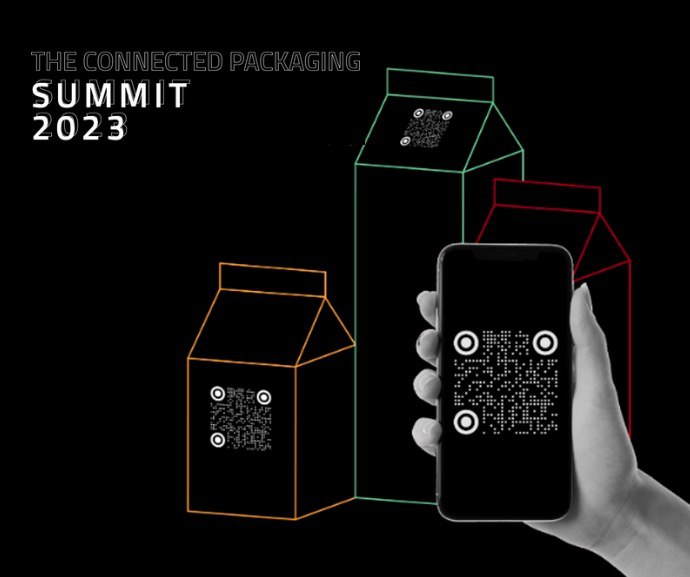In an engaging recap of the third edition of the Global Connected Packaging Summit, Edson Perin of the IoP Journal expertly encapsulates the transformative power of Connected Packaging in the packaging industry. Echoing the deep-dive analysis Louis Gore-Langton provided in his piece for Packaging Insights, Perin delves into the dynamics of the evolving industry as brands harness digital technologies to foster enhanced transparency, traceability, sustainability, and personalised experiences.
Held on July 5-6, the summit attracted professionals across 66 countries and saw the participation of leaders from the industry’s most prominent players. These experts explored the integration of technology in packaging, including QR Codes, NFC, Augmented Reality (AR), Artificial Intelligence (AI), ad technology, packaging, and marketing, placing substantial emphasis on innovation and sustainability.
The Summit emphasised the transformative role of Connected Packaging in bridging the gap between brands and consumers. Brands’ adoption of Connected Packaging spiked significantly from 46% in 2022 to 81.5% in 2023, making it a staple in brands’ future plans.
To learn more about the Connected Packaging numbers, please see Connected Packaging Statistics 2023 (by Appetite Creative).
On the first day, Jenny Stanley from Appetite Creative and Ali Azhar of Tetra Pak spoke on the immense potential of QR Codes and e-labels to drive consumer engagement and enhance traceability. The day ended with a strong note on the pivotal role of sustainable practices and digital solutions in tackling global issues like plastic pollution.
Day two was no less insightful. Discussions revolved around the transformational impact of Connected Packaging on the industry. Panelists, including Amazon’s Güneri Tugcu and SIG Combibloc’s Lucas Silva, underlined the importance of Connected Packaging in combating counterfeiting, boosting sales, enhancing consumer engagement, and meeting consumer expectations through innovative experiences. They also advocated for leveraging first-party data for personalised brand-consumer interactions.
Despite challenges such as supply chain complexities and operational difficulties, gradual implementation and pilot projects were encouraged. Furthermore, the summit highlighted the role of advanced technologies for product authentication, including AI and invisible signatures. This, combined with effective consumer education and focus on security, contributes to a more secure, engaging, and sustainable future in packaging.
Find the full article here.

